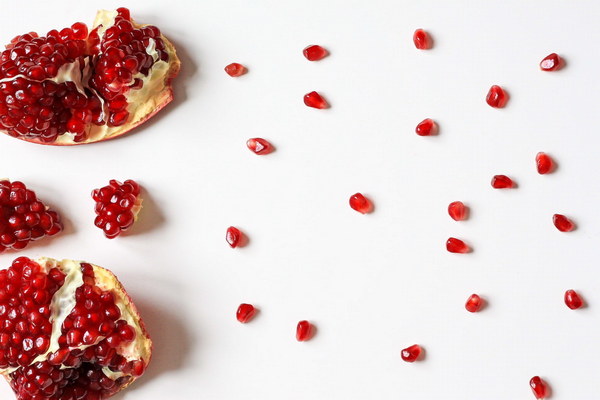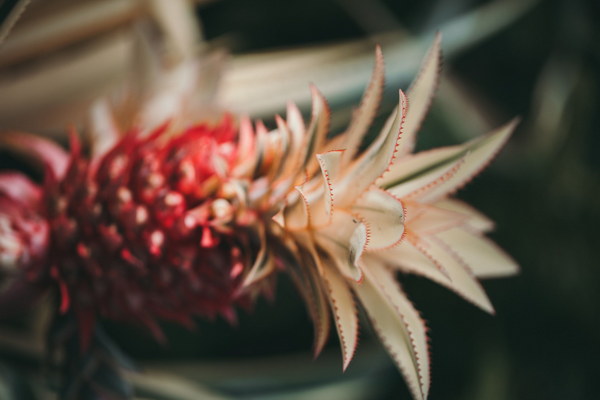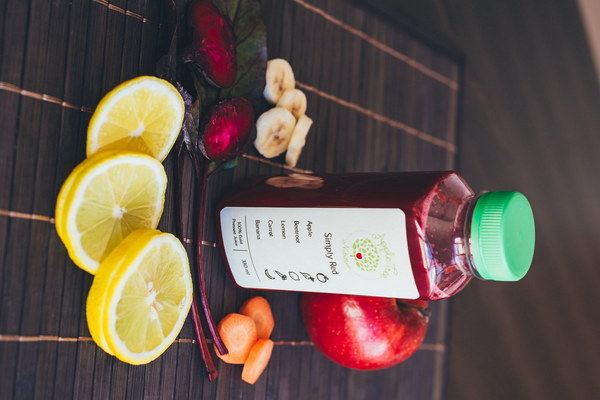Is Winter Melon Effective in Removing Dampness Unveiling the Truth About This Traditional Remedy
In the realm of traditional Chinese medicine, winter melon, also known as shuǐ dànpi in Chinese, has been cherished for its supposed health benefits. One of the most common beliefs is that winter melon can help remove dampness from the body. But is this claim true? Let's delve into the world of winter melon and explore its potential as a natural remedy for dampness.
First, it's essential to understand what dampness is in the context of traditional Chinese medicine. Dampness is considered a type of internal imbalance that can lead to various health issues, such as fatigue, weight gain, and digestive problems. It is believed that consuming certain foods and herbs can help alleviate dampness and promote overall well-being.
Winter melon is a versatile and widely consumed vegetable in many Asian cuisines, particularly in China. It is known for its crisp texture and sweet taste, and it is often used in soups, stews, and desserts. The question remains: can winter melon truly aid in the removal of dampness?
To answer this question, we need to examine the scientific evidence and traditional knowledge surrounding winter melon. According to traditional Chinese medicine, winter melon has several properties that may help in reducing dampness:
1. Diuretic: Winter melon is believed to be a natural diuretic, which means it can help increase urine production and, in turn, eliminate excess water from the body. This process can help reduce dampness and alleviate related symptoms.

2. Cooling properties: Winter melon is considered a cooling food, which can help balance the body's internal temperature and reduce dampness. In traditional Chinese medicine, cooling foods are thought to alleviate heat-related issues and promote a healthy balance of yin and yang.
3. Detoxifying: Winter melon is often used in detoxifying soups and teas, as it is believed to aid in the elimination of toxins from the body. By removing these toxins, winter melon may help alleviate dampness-related symptoms.
While the scientific evidence supporting these claims is limited, some studies have shown that winter melon contains compounds with potential health benefits. For instance, research has indicated that winter melon may have antioxidant, anti-inflammatory, and cholesterol-lowering properties. However, more research is needed to fully understand the extent of these benefits.
In conclusion, while there is some evidence to suggest that winter melon may help in reducing dampness, it is essential to approach this topic with caution. Traditional Chinese medicine is a holistic approach to health, and the effectiveness of winter melon in removing dampness may vary from person to person.
If you are considering incorporating winter melon into your diet to alleviate dampness, it is advisable to consult with a qualified healthcare professional or a traditional Chinese medicine practitioner. They can provide personalized advice and ensure that you are not compromising your health by consuming certain foods or herbs.
In the end, while winter melon may offer some benefits in reducing dampness, it is important to maintain a balanced diet and a healthy lifestyle to support your overall well-being. So, the next time you're at the grocery store, feel free to grab some winter melon and enjoy its delicious taste and potential health benefits, but always remember to consult with a healthcare professional before making any significant changes to your diet.









